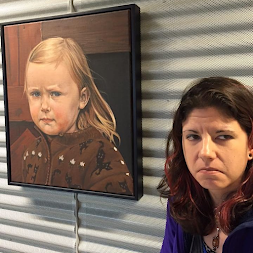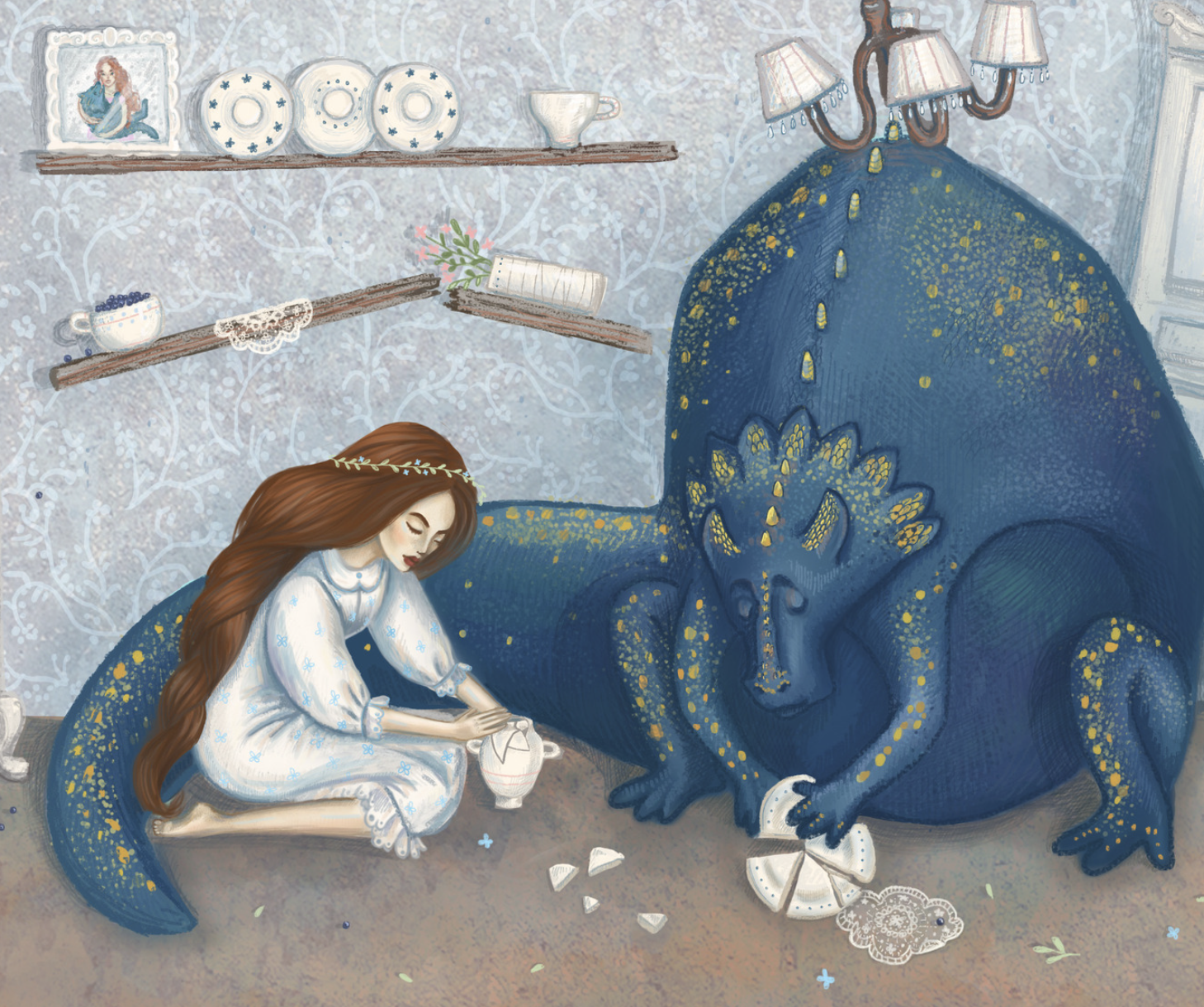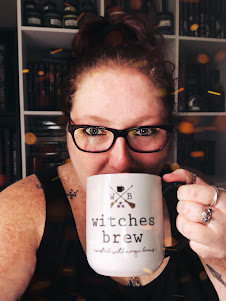Ah, the old “telling versus showing” debate. My pet peeve in terms of feedback because it's often lazy feedback. You can point to any book and identify “telling”, because, well, if we were to show EVERYTHING, we'd be here for decades. We’d have to invent unnecessary situations so our characters can experience things (or add endless dream, vision, or flashback scenes) rather than just saying, "King Tella and Queen Showa's feud had lasted over a decade, ever since the Queen had stolen the King's favorite courtesan." Do you really want me to show this? Because that's a story in its own right … a juicy one at that.
Granted, pages of exposition are often tedious and confusing. Some fantasies start with a whole section of weighty exposition setting out the lore and history of the world, and on more than one occasion, it’s put me off to such a great degree, I’ve given up on the book altogether. Some people love it, but it’s not my jam. I’m more of a throw-me-in-at-the-deep-end-and-explain-stuff-along-the-way kinda gal.
And as part of that, I love a bit of timely exposition, which in fantasy worlds especially, is essential. Readers may need to know that gravity doesn't work the same way in the Sky Kingdom – even if the characters aren’t there right now – or that there are seven gods, or that the magic fled the kingdoms along with the dragons.
I often find this makes the first half of the first book in many fantasy stories feel slow, because of the necessity of creating depth in the world. There’s a lot the reader NEEDS to understand, and showing everything is neither practical nor entertaining. Exposition is the solution – so long as it doesn’t drag and become boring – although hey, we've all done it. No one's perfect.
A single line of exposition can pack a big punch. For example, “Marcus couldn’t tell if the damnable Alexander had used magic, because he hadn’t paid attention during his five years at the Sparkle Academy for the Magically Talented.” This single line tells us magic exists, the world has at least one magical school, that Marcus thinks Alexander is damnable (ooh, tell me why?), that Alexander and Marcus both have some level of magical abilities, and that Marcus can’t use his effectively, because he didn’t pay attention in school. Is he a bad-boy rebel? Was he saving the world on the side? Distracted by a love interest? Or did the backwards education system simply leave him behind?
The point being, exposition isn’t only there for understanding and worldbuilding, it can drive intrigue as well as helping to build emotional connections between readers and characters.
Character introspection (when we hear a character’s private thoughts) is also a form of exposition, yet seems to have largely escaped the "telling versus showing" criticism. Characters’ thoughts are often my favorite things to read, because a single line can color my entire outlook on a character and all their actions, not to mention, cast the actions of others in an entirely new light. Perspective is everything, after all.
Again, most things are good in moderation. Telling isn't necessarily bad, but the criticism “telling versus showing” has become something of a cliche. I wish people would instead say why this was annoying to them. Was the exposition too long? Confusing? Unnecessary? Did it take them out of the moment?
There is no right or wrong way to write a book, there is only what is conventional and what is popular, which you may or may not enjoy. No one's word is law, our tastes differ, and thus, there is no perfect amount of exposition. Some readers like to have everything laid out on a platter up front, others enjoy not understanding everything right away, viewing finding out as part of the fun. And neither of these preferences is better than the other, it is just that, a preference. But if I were making the rules, I would ban the criticism "telling versus showing" because, well yes, sometimes exposition is not only practical, but desirable. Surely it’s about balance, as in all things.
HR Moore writes escapist fantasy with dangerous politics and swoon-worthy romance. She’s known for pacy writing, plot twists, and heroines who take no prisoners … and she loves a cliffhanger. HR also started FaRoFeb (Fantasy Romance February), a community for readers and authors to elevate and celebrate the fantasy romance genre.






















